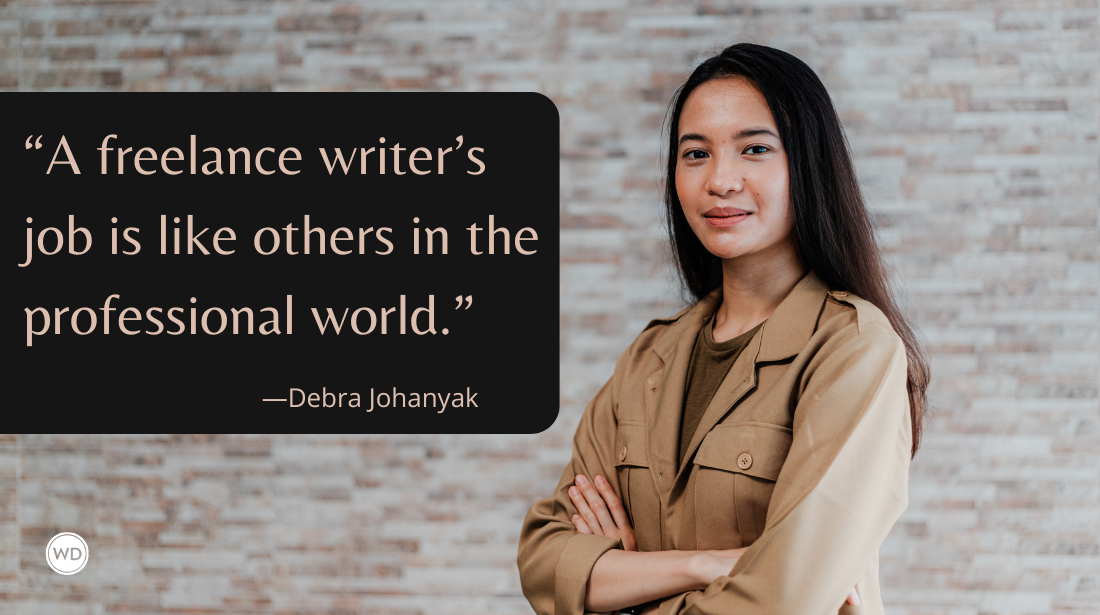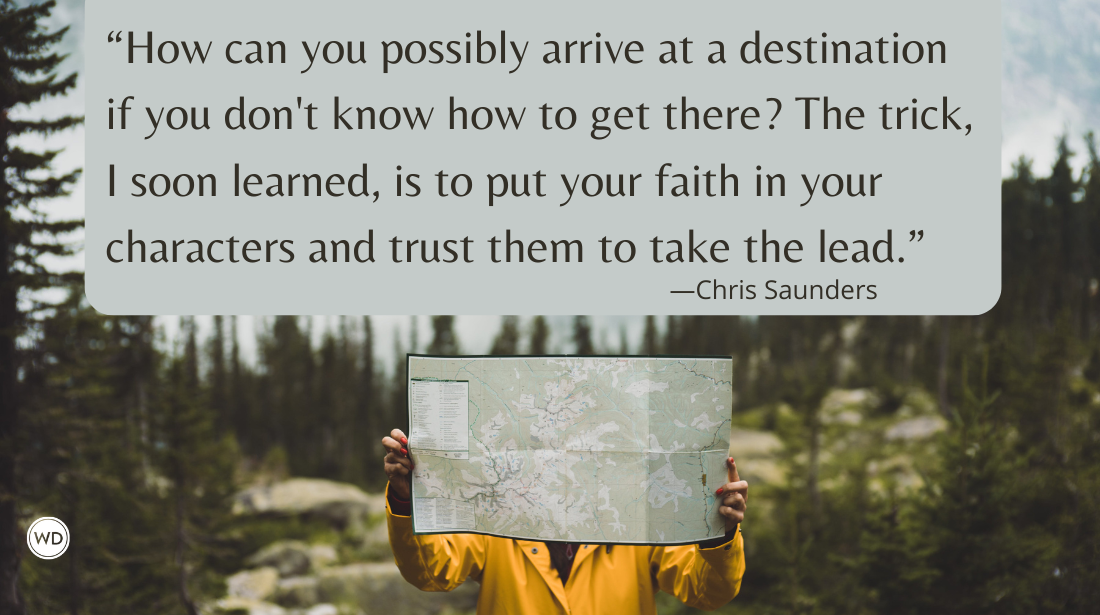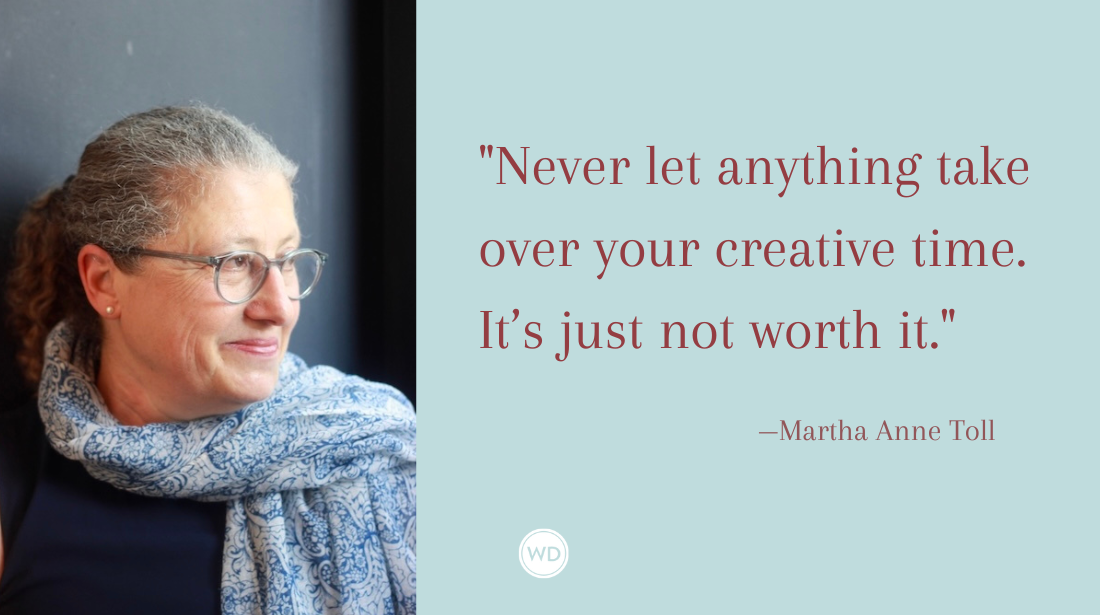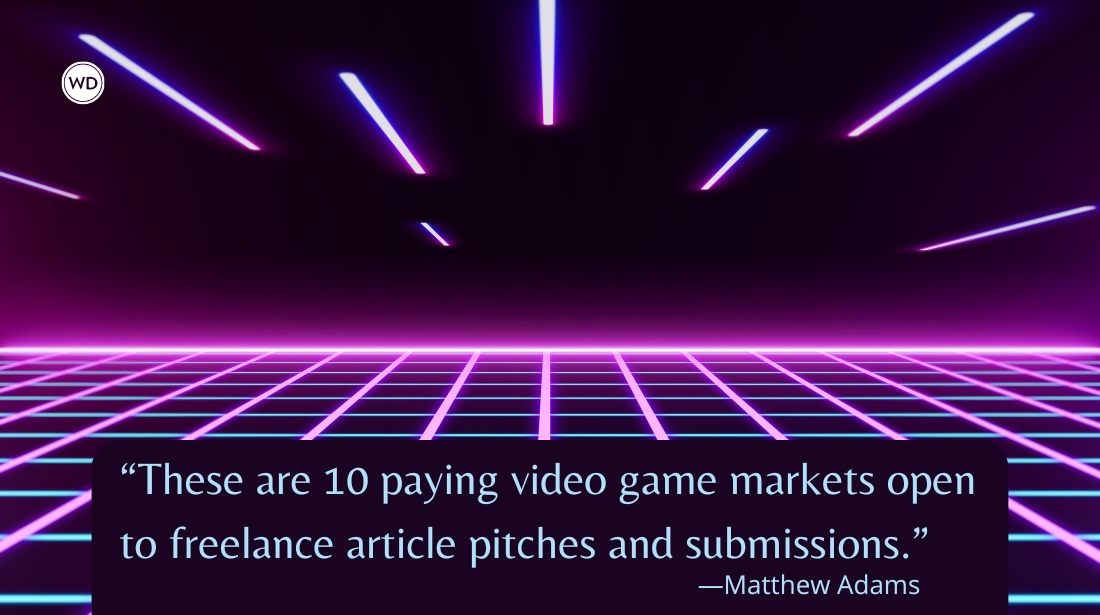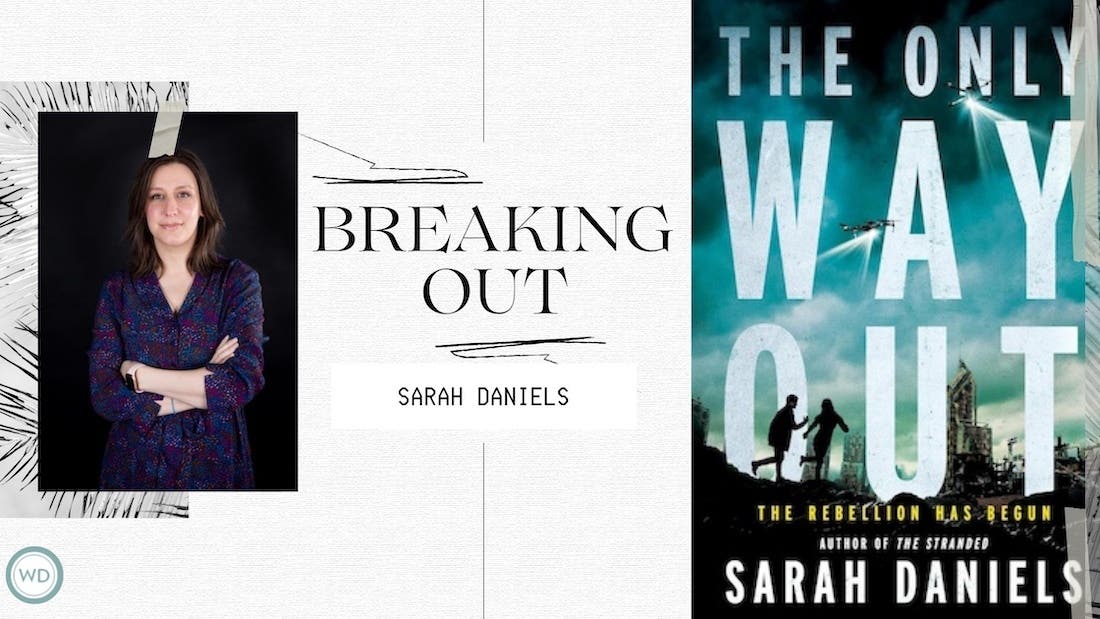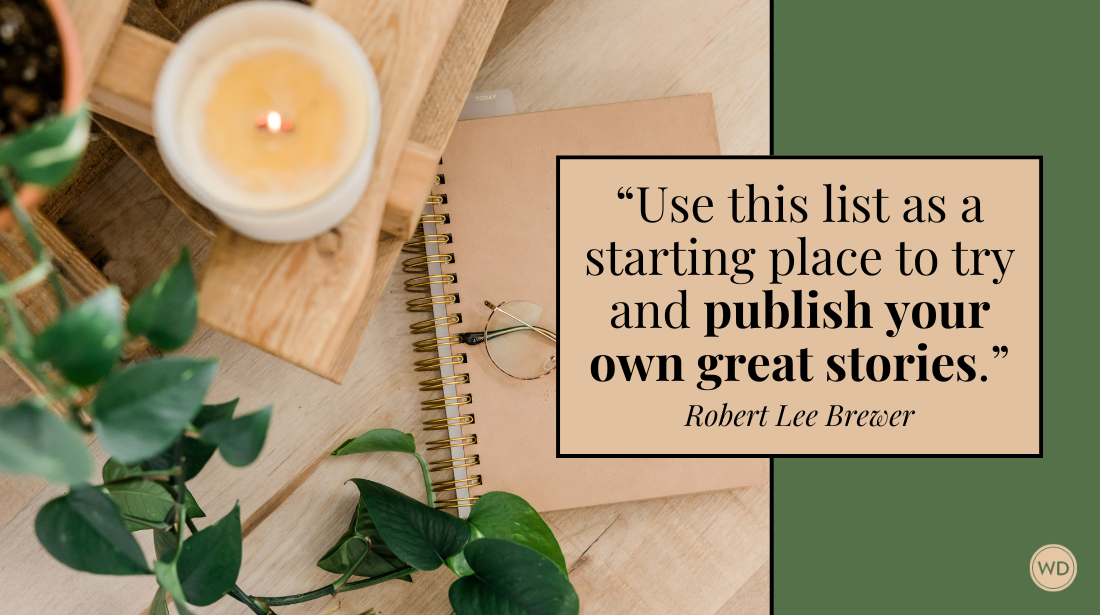Should You Hire Someone to Design Your Website?
In publishing, we often say how critical it is to hire a professional editor if you plan to self-publish. Or we say how valuable a professional publicist or PR person…
In publishing, we often say how critical it is to hire a professional editor if you plan to self-publish. Or we say how valuable a professional publicist or PR person can be.
As someone who isn't trained as a designer (but who has worked with many designers over the years, and knows the benefit of great design), the following advice is going to sound paradoxical, yet …
As a writer, you don't need to hire a designer or a design firm when you first start your own site or blog. Why? Three key reasons.
1. There are probably hundreds of solid design themes and templates available for standard Wordpress sites. (I always recommend writers start their sites or blogs using Wordpress and this is one reason why.)
To be confident you're choosing something with good design and functionality, you can pay for a premium theme (like Thesis), which usually run less than $100.
If you choose a different platform—like Blogger, Posterous, or Tumblr—the same principles apply. These tools have already been designed for optimal online reading and presentation. So: Avoid messing with the defaults too much. They are there for a reason.
(That said: There are some really awful design templates and themes available since nearly anyone can contribute/develop one. Try to have good taste.)
2. If you're just starting your site or blog, it will take time before you really know what you want it do and what it should look like. Most people don't know how their site should "feel" for at least a year or more. Once you've experimented—and started paying attention to other site/blog design—you'll start to form a vision and purpose. That's when a designer can make the most impact.
3. Unless you're launching a business or selling products, it's unlikely you need the "sleek" factor of a professionally designed site.
That said, here are a few considerations.
- If you're already a successful author, and need to have a polished and branded site, hire a designer, by all means—especially if your author career is 100% of your livelihood.
- You may be so new to websites and blogging that you need the help and attention of someone who's not only a good designer, but a good teacher. This isn't so much a design consideration as a service consideration. It can help reduce frustration and beginner mistakes.
- Chris Guillebeau is known for recommending that creative entrepreneurs hire a professional designer to ensure your site reflects your unique qualities and mission. Of course, he had a business plan and strategy when he started his online presence. Unless you have a definitive plan and set of goals, you may be wasting money on a designer.
My motivation for writing this post is that I see many unpublished writers (and other creative folks) hiring design help when they have an unclear idea of what they want their site to be, or what it should accomplish.
Until you have a clear idea of what you want to do with your site, a professional look and feel won't be much help. If you're in the process of establishing your online presence, the design templates provided with well-crafted systems like Wordpress are more than sufficient for your needs.
And I can use myself as an example: My own personal site is designed entirely by me, using a premium theme, Headway. Next step I'm considering: Hire a designer for a customized header.
What's your experience? If you hired a web designer, was it worth the cost? If so, why?
Jane Friedman is a full-time entrepreneur (since 2014) and has 20 years of experience in the publishing industry. She is the co-founder of The Hot Sheet, the essential publishing industry newsletter for authors, and is the former publisher of Writer’s Digest. In addition to being a columnist with Publishers Weekly and a professor with The Great Courses, Jane maintains an award-winning blog for writers at JaneFriedman.com. Jane’s newest book is The Business of Being a Writer (University of Chicago Press, 2018).



